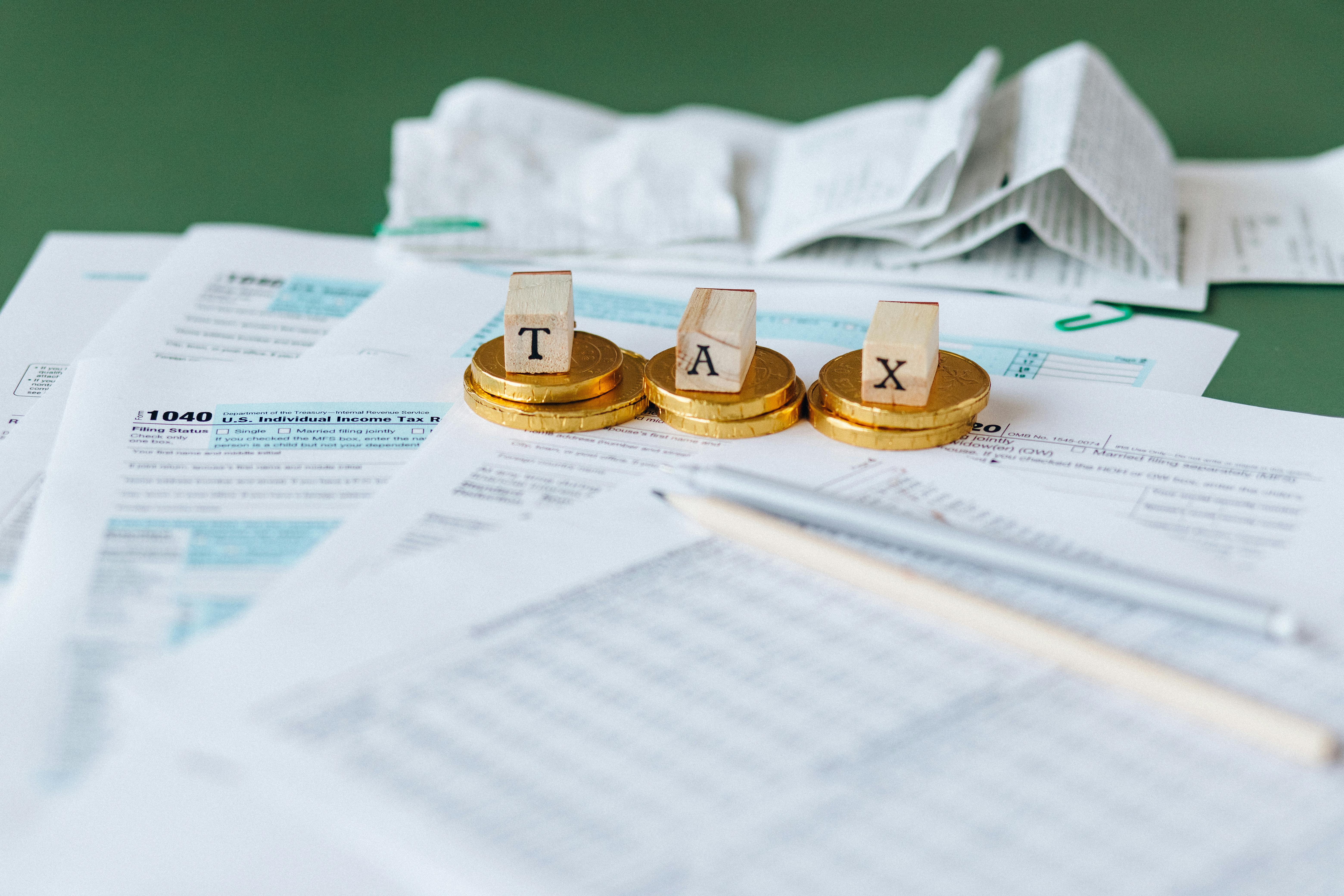Categories
Bay Area California, Real EstatePublished August 1, 2025
How Property Taxes Work in California (Especially for Bay Area Homeowners)

Buying a home in California? One of the most important but often misunderstood costs of homeownership is property taxes. Understanding how property taxes are calculated can help you avoid surprises and budget wisely for the long term.
1. Base Property Tax: 1–2% of Your Purchase Price
At the most basic level, your annual property tax bill in California is based on the assessed value of your home, which is typically the purchase price. Thanks to Proposition 13, the base property tax rate is capped at 1% of the assessed value. However, additional voter-approved local taxes and assessments often bring the total closer to 1.25%–2%, especially in counties like Santa Clara, Alameda, and San Mateo.
Example:
If you buy a home in Santa Clara for $1,000,000, your property taxes might look like this:
-
Base 1% tax: $10,000/year
-
Additional assessments (schools, parks, bonds): $2,500/year
-
Total estimated property tax: $12,500/year
This amount is typically divided into two installments, due in November and February each year.
2. Prop 13 Protection: Annual Growth Limit of 2%
One of the key benefits of owning a home in California is the property tax stability that Prop 13 provides. It limits the amount your home's assessed value can increase to no more than 2% per year, regardless of how much your home’s market value increases.
Why This Matters:
Let’s say you buy a home in Mountain View for $1.2M, and over five years it appreciates to $1.8M. Thanks to Prop 13, your assessed value (and thus your tax bill) increases very slowly, not in line with skyrocketing market prices.
This gives long-term homeowners a huge financial advantage, making it easier to stay in their homes even as values rise dramatically.
3. Supplemental Tax Bills: A Common Surprise for New Buyers
Here’s something many first-time buyers miss: After buying your home, you’ll probably receive a supplemental property tax bill. This is a one-time bill issued when a property changes ownership and is reassessed at the new market value.
How It Works:
The county calculates the difference between the previous owner’s assessed value and your new purchase price, then prorates that amount from the day you bought the home until the end of the tax year.
Example:
-
Previous assessed value: $500,000
-
Your purchase price: $1,000,000
-
Difference: $500,000
-
Prorated tax for 6 months: ~$3,125
This bill is sent directly to you, it’s not included in your mortgage impound account, so be sure to plan for it separately.
4. Mello-Roos & Local Assessments: Beyond the Base Rate
Some areas, especially newer developments and master-planned communities, have additional taxes known as Mello-Roos or Community Facilities District (CFD) assessments. These are used to fund public services and infrastructure like new schools, parks, fire stations, and roads.
Where You’ll See Them:
Communities like Dublin Ranch, East Garrison, Mountain House, and parts of Milpitas and San Ramon often include Mello-Roos taxes that can add $1,000 to $5,000+ per year to your bill.
How to Find Out:
Ask your real estate agent to review the Tax Rate Area (TRA) for any home you’re considering. Even in the same zip code, tax rates can vary based on neighborhood boundaries or school district funding.
Pro Tip: Get a Property Tax Estimate Before You Lock Your Loan
Before you finalize your monthly mortgage payment, ask your lender or real estate agent to provide a realistic property tax estimate. Many online calculators assume a flat 1%, but that doesn’t reflect the reality of Bay Area tax rates.
Why It Matters:
A difference of even 0.5% on a $1.5M home can mean an extra $625/month in your housing payment. Getting the right estimate helps you avoid underfunding your escrow account or facing a shortfall later.
Final Thoughts: Knowledge Is Power
California’s property tax system may seem complex, but once you understand the key components, base rate, Prop 13 protections, supplemental bills, and local assessments, you’re in a much stronger position to make confident buying decisions.
Always ask the right questions before you make an offer. Knowing what to expect from your property tax bill helps you budget smart, plan ahead, and avoid surprises in your first year of homeownership.
----------
If you're looking to buy your first home in the Bay Area and have questions, feel free to reach out to our team of real estate experts at (650) 250-3050 or www.ZenCoastHomes.com/connect.





